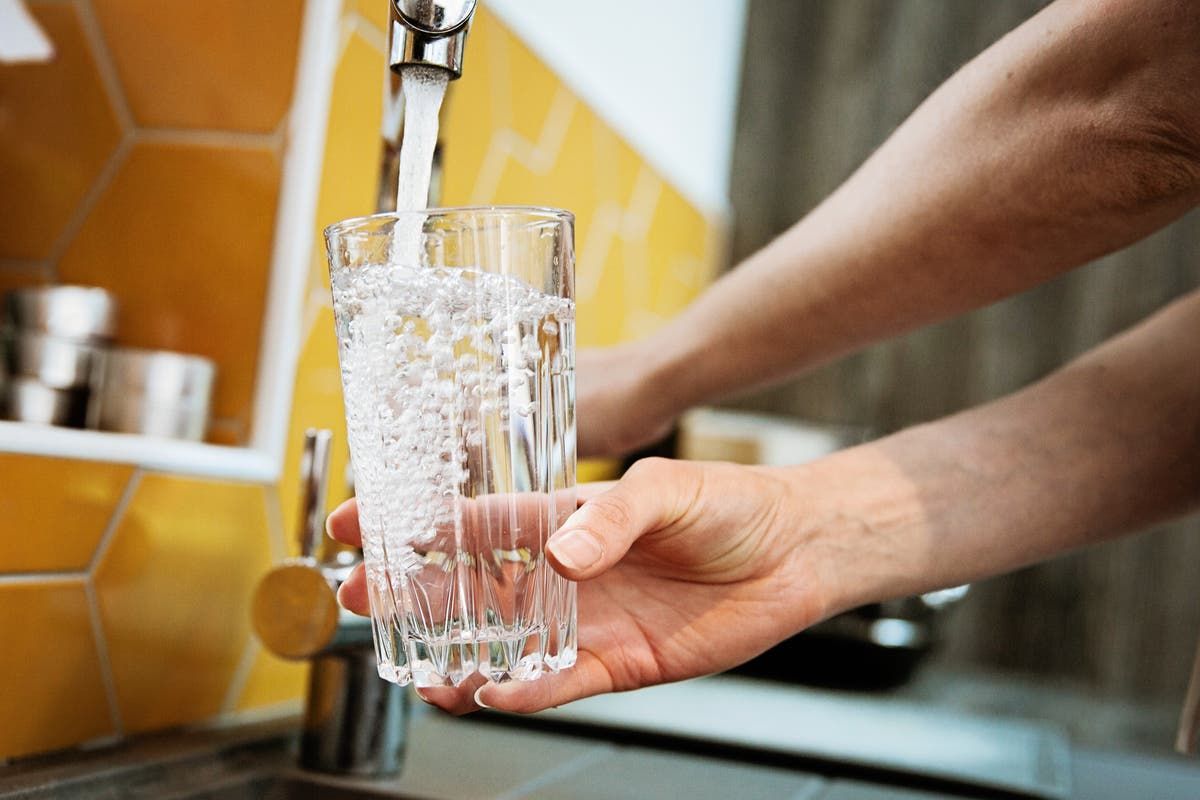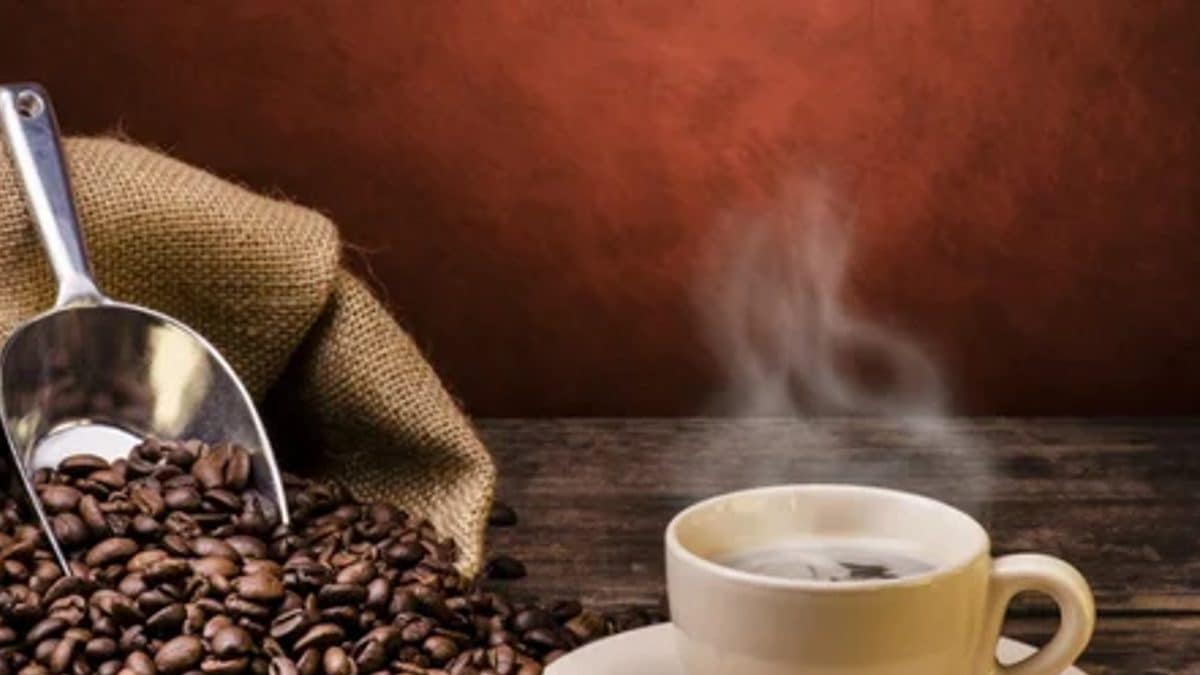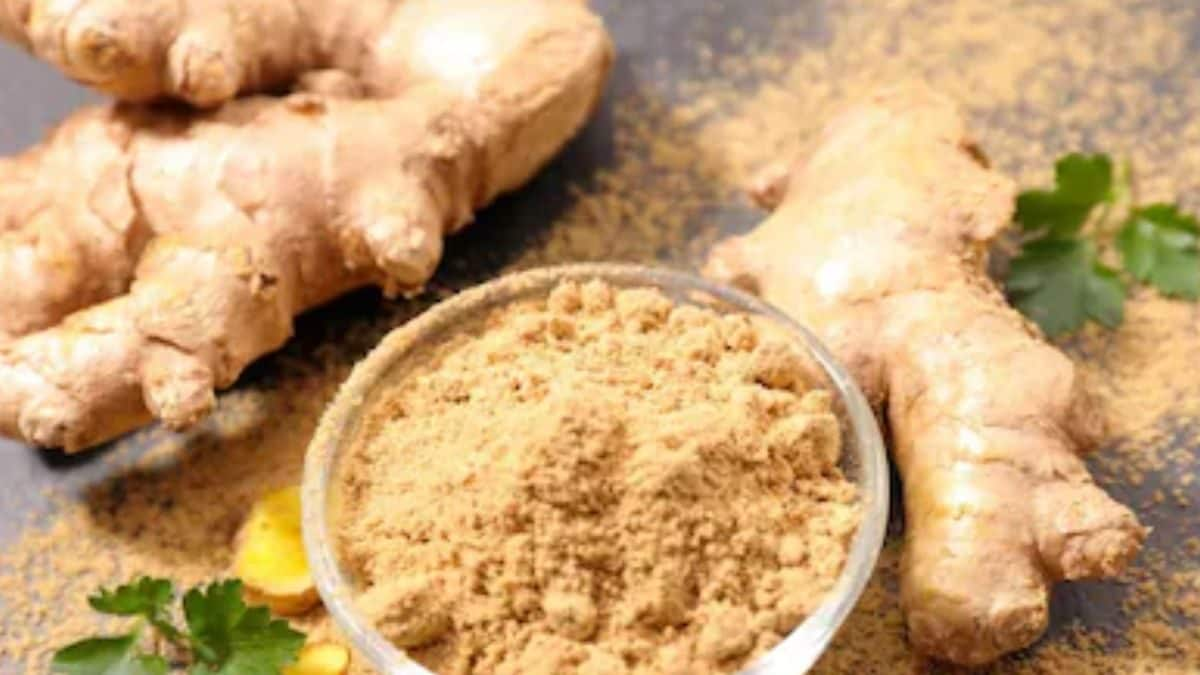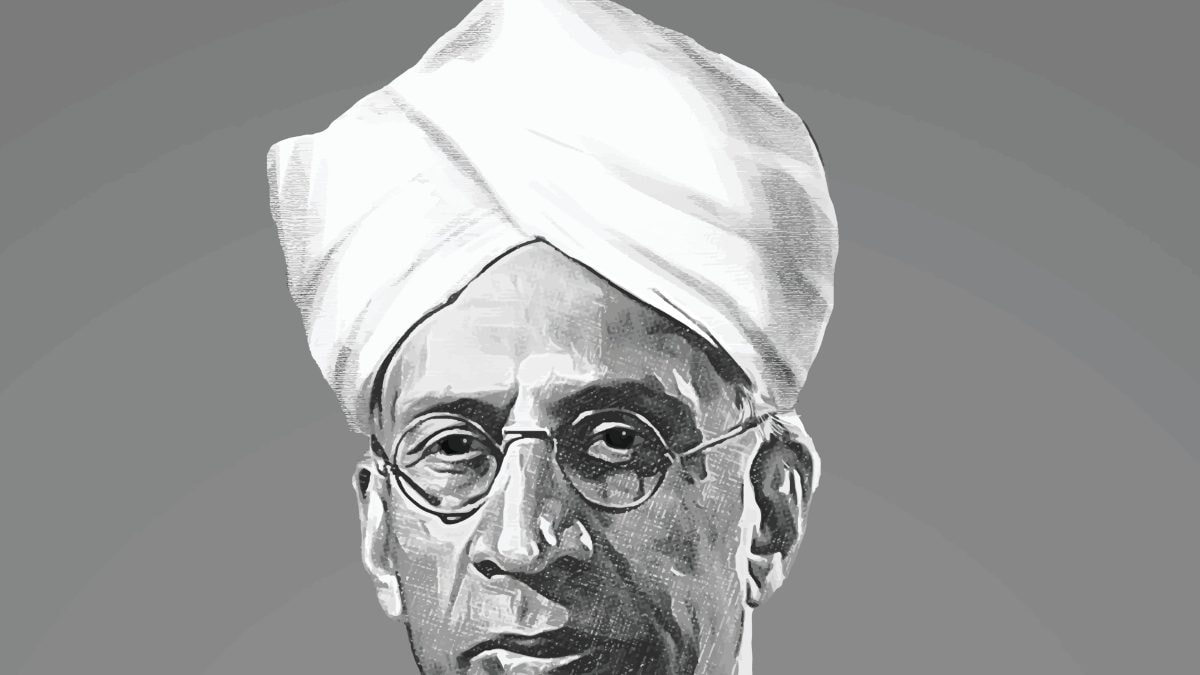Truly support
independent journalism
Our mission is to provide unbiased, fact-based reporting that holds the powerful to account and exposes the truth.
Whether it's $5 or $50, every contribution counts.
Support us in offering journalism without agenda.
IWho would have thought that something as innocuous as water could become so controversial? Admit that you drink bottled water and wouldn't dare consume the stuff that comes out of the tap and someone will mock you for being a selfish, wasteful plastic freak. However, more recently, declaring yourself a drinker of unfiltered tap water won't exactly leave you free from judgement either. Many of us are completely snubbing tap water, arguing that it's not clean or tastes very good.
I have been on both sides of the debate. One of my friends, who prefers bottled water, regularly gets told off by me for the amount of single-use plastic he consumes. I could never understand why he spends his money on a dozen one-litre bottles of water every week when the tap water here in the UK is perfectly drinkable.
But earlier this year – and I’m embarrassed to admit this – I started to feel the pull towards bottled water. It was actually down to a combination of factors. I began to dislike the taste of the water where I live in London: it was tinny, dull and not at all refreshing. In May, my aversion to tap water was heightened by news of the dirty water scandal, which contaminated the water in hundreds of homes in Devon with animal faeces. I couldn’t seem to forget these unpleasant events when I stared into the barrel of a glass of tap water. So, for a few weeks, I found myself substituting tap water for litre bottles of Evian. It became too expensive – and too guilty – a habit to continue. Besides, who has the strength to carry six litres of water home from Tesco every Sunday?
I may have outgrown my short-lived bottled water drinking phase, but I dare say my experience is not an anomaly. Many friends have told me they have also stopped drinking tap water because they were concerned about what was actually in it. And the sector is set to make huge profits. According to a 2023 report from consultancy Retail Economics, major water brands are forecast to see growth of more than 10% over the next four years, equivalent to the consumption of an extra 280 million bottles a year. In 2021 alone, Britons bought 3.5 billion bottles – the equivalent of 10 million a day.

As a country, we have long been proud of our tap water drinking culture. But looking at recent events, it’s not hard to see why people are losing faith in their local water suppliers. In April, Ofwat and consumer watchdog CCW conducted a survey and found that only 23 per cent of respondents trust their water supplier to do the right thing for the environment, while satisfaction with water quality has dropped by 7 per cent since 2021. That hasn’t been helped by the aforementioned events in Brixham, Devon, when more than 50 people fell ill after drinking water contaminated with a tiny parasite that causes the intestinal disease cryptosporidiosis.
Other studies have cast doubt on the quality of our water in a broader sense. Earlier this year, water purification company Bluewater found that water supplies in three areas of London were contaminated with harmful “forever” PFA chemicals, such as perfluorooctanoic acid (PFOA) and perfluorooctane sulfonic acid (PFOS), which have been linked to a wide range of diseases, including cancer, liver damage, reduced fertility and birth defects, according to several studies. In light of this, it’s no surprise that one knee-jerk reaction is to stock up on bottled mineral water.
However, these findings have not tarnished the UK’s reputation as one of the countries with the best tap water quality in the world. A representative of Water UK, the water industry’s trade association, tells me that consumers should have “full confidence” in the quality of our water. “Tap water in the UK is among the best in the world and is excellent value for money – hundreds of times cheaper than bottled water,” they say. “Drinking water is subject to stringent testing to ensure it is safe and healthy to drink, meaning consumers can have full confidence in its quality.” There’s even more to be sure of: our water is continuously tested, so water contamination in Devon was detected early. In fact, 4 million tests are carried out on our water every year, and more than 99.7 per cent of samples meet the government’s “strict” testing compliance standards. Really, we should be happy with our tap water. And besides, if you still don’t trust it, you can use a filter.
There’s not much to brag about when it comes to drinking bottled water, though. It’s not cheap (I’ve paid nearly £3 for a bottle in WH Smith before myself) and it’s an extra expense on your weekly food shop. Then there’s the environmental impact: more than 700,000 plastic bottles are thrown away as litter in the UK every day, with many ending up in landfill or in our seas and rivers, according to anti-disposable campaign Refill. If we don’t recycle them, plastic bottles, which break down into tiny particles, can take 500 years to decompose in landfill. In that time, those particles will turn into microplastics, which can harm the environment, pollute the oceans, harm animals and even enter the human body. Microplastics have been linked to health problems such as endocrine disruption and cancer, and have also been found in placentas. And let's not forget that single-use plastic waste is one of the main culprits of the global plastic pollution crisis.

We shouldn’t let a few water quality lapses make us forget the strides we’ve made towards more sustainable water consumption habits. In recent years, for example, carrying a refillable water bottle has become the norm. In 2015, just 20 per cent of the UK population used one, but that figure is now closer to 60 per cent, according to Refill. And more local authorities and councils have introduced public refill stations in areas across the UK – last year, London Mayor Sadiq Khan opened 110 new water fountains across the city. That willingness to reduce plastic waste is also reflected in the popularity of trendy water bottle brands such as Chilly’s, Air Up and Stanley Cups. In some ways, refill culture has made carrying a refillable water bottle an indicator of a person’s environmental choices. And it’s certainly something to be proud of.
This year we've had our pride in tap water put to the test. And rightly so – it's not comforting to hear that our waterways are polluted. We may have lost a few tap water enthusiasts to bottled water in the process, but there's no denying that we're lucky to have access to such high-quality drinking water here in the UK. And I've realised that if the UK is in the top 10 countries with the best water quality in the world, then that's good enough for me.
Sincerely, a reformed bottled water drinker.












